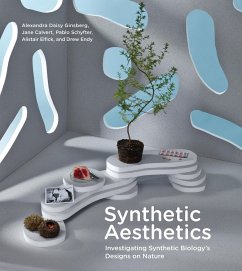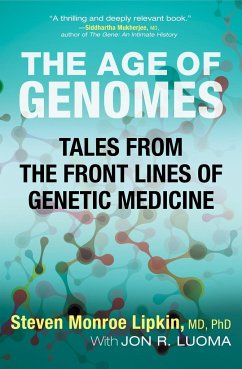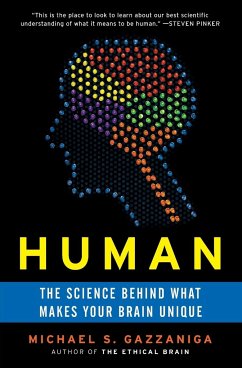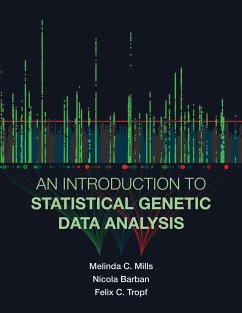
Rethinking Cancer
A New Paradigm for the Postgenomics Era

PAYBACK Punkte
36 °P sammeln!
Leading scientists argue for a new paradigm for cancer research, proposing a complex systems view of cancer supported by empirical evidence. Current consensus in cancer research explains cancer as a disease caused by specific mutations in certain genes. After dramatic advances in genome sequencing, never before have we known so much about the individual cancer cell--and yet never before has it been so unclear what to do with this knowledge. In this volume, leading researchers argue for a new theory framework for understanding and treating cancer. The contributors propose a complex systems view...
Leading scientists argue for a new paradigm for cancer research, proposing a complex systems view of cancer supported by empirical evidence. Current consensus in cancer research explains cancer as a disease caused by specific mutations in certain genes. After dramatic advances in genome sequencing, never before have we known so much about the individual cancer cell--and yet never before has it been so unclear what to do with this knowledge. In this volume, leading researchers argue for a new theory framework for understanding and treating cancer. The contributors propose a complex systems view of cancer, presenting conceptual building blocks for a new research paradigm supported by empirical evidence.













